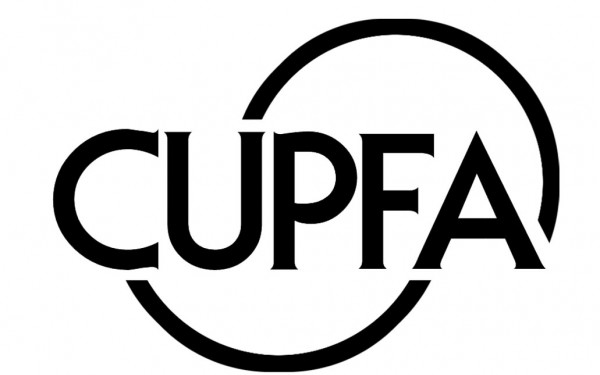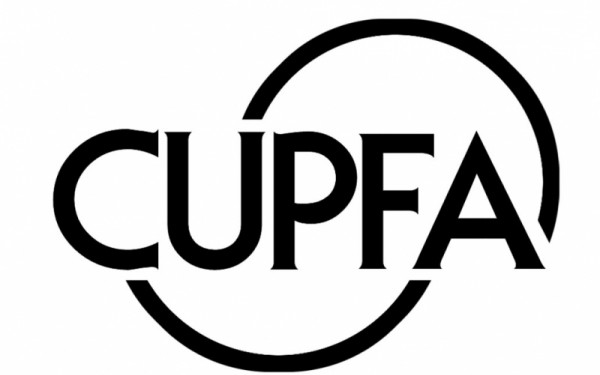Editorial: Constant Negotiations Mean Constant Headaches
Let’s Let Unions to Do Their Jobs
It seems like for the past few years, the Concordia University Part-Time Faculty Association has been in neverending negotiations with the university.
In 2013, CUPFA’s then-incoming president, David Douglas, said that the university’s approach to negotiations left him hopeful that Concordia would be open to new agreement options.
Four years later,” it doesn’t seem like anything has changed.
In August, after more than two years of operating sans contract, the association’s bargaining team approved of a new collective agreement, which they signed in early November. It was a success, no doubt, but there was no time to celebrate.
Just six weeks after the approval of the new agreement, CUPFA’s Vice-President of Collective Agreement and Grievance told The Link, “We’re already preparing to establish the priorities of the next negotiations,” he said. “We’re going to be continuing our work.”
See, the agreement they signed is retroactive, covering the time that the union was without contract, and expires on Dec. 31, not even two months after the two parties sat around a table and posed for a photo op.
When The Link reached out to Concordia for a comment on the last negotiations, they said that “communication was fluid during the previous negotiations. We expect both parties will negotiate in good faith.”
However, in 2015, CUPFA’s president, Douglas, said that striking could be a possibility during their negotiations with the university, so how true can that previous statement really be?
This pattern—one of signing, and negotiating, and of signing, and negotiating again—is widespread throughout Concordia’s labour groups. It’s a struggle that has plagued the university long before many of us were students. The Link has a long history of reporting on this pattern of attempting to come to an agreement, only to have to begin the process again immediately after. We’re starting to feel a little bit like a broken record.
In August 2016, the Teaching and Research Assistants at Concordia union reached an agreement with the university. The fight lasted two years, and once again, the result was retroactive, only covering TAs and RAs until April 30, 2016. The agreement that results from this set of negotiations—they began on Nov. 10—will only remain valid until the end of the upcoming 2018-2019 academic year.
That means that they will soon be back at the table as well. With the constant negotiations, how can TRAC effectively represent their members?
Around the time that TRAC came to their last agreement, Concordia slashed their budget for teaching assistants and research assistants at the John Molson School of Business. In the 2014-2015 academic year, the budget for RAs and TAs was $882,624. Two years later in 2016-2017, the projected budget was slashed by 40 per cent, down to $546,000.
Though the budget cuts weren’t the result of the new agreement, it’s still concerning that this was allowed to happen to Concordia’s hardworking students. We can’t say that these cuts were preventable, but we can say that with the TRAC team’s focus on negotiating, chances are that more could have been done to fight for their members. That is the purpose of a union, after all.
Instead, the university has a habit of taking as long as possible to settle on an agreement, forcing these labour groups to reallocate their resources away from those who need it.
We hope that the upcoming negotiations for both CUPFA and TRAC can end quickly and successfully, even though we know that they’ll be back at the table soon enough. In the meantime, we hope that the university can change their negotiating tactics in order to make the process easier on the unions as well.




__600_375_90_s_c1.jpg)


_1_600_375_90_s_c1.jpg)